
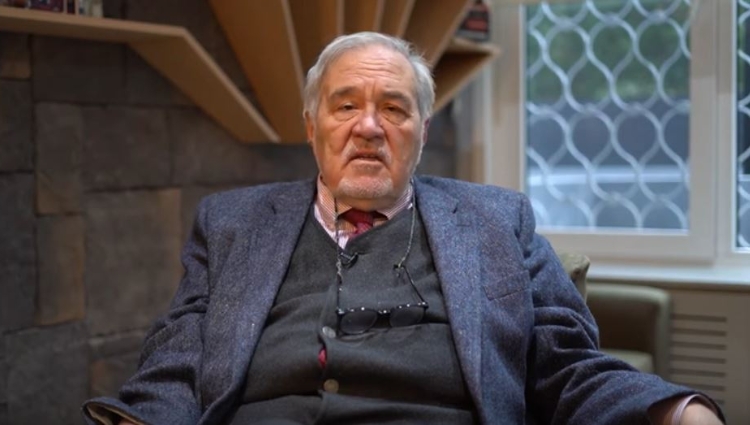
March 14, 2020 - Saturday
When was the last time your limitations were violated, and why? A driver who keeps passing into your lane, your friend interrupting you, parents of your students texting at night thinking you are available all the time, a manager changing your working schedule without asking for your opinion, friends being late for all catch-ups… Those are all violating your borders, and these happen so that others feel more free. This is the defining dilemma of our age.
Freedom is not a way of life that consists of being able to do what we want when we want and being the master of our passions. This is unboundedness, and it results in ransacking your limitations and those of others. However, freedom emerges from within the individual, shaping a way of life. Knowing where to draw boundaries is a must to form a lifestyle. If one lacks the limitations, they live in a "vital necessity" without form and, ultimately, freedom. Only within the confines of certain limitations and boundaries can you truly declare your freedom. If you declare your true freedom, you learn your boundaries, and this will naturally lead you to see and learn to be respectful of the boundaries of others. This process, including seeing and learning, leads to showing attention to freedom and makes it aesthetic, hence, increases the quality of living together.
Of course, the recipe for a free life with defined boundaries may not be the same for every person. Because every person's encounters, contexts, and experiences can be different. Of course, to become consistent in behavior, responsible, peaceful "freemen," it is essential to learn about boundaries from childhood. So much so that one of our basic needs as human beings is to correlate and connect. It is these correlations and connections that make us who we are on our way to becoming an insaan (person) from the bashar (human). The main determinant in a life that is patterned with the right correlations and connections are the correctly positioned and learned boundaries. The primary influence in this process of teaching and shaping boundaries is the family. Still, schools and educators are the regulators and preservers of these boundaries. Undoubtedly, the experience we have had in education in the last century has not been able to turn into an achievement that teaches people to become free by setting limits.
The standardizing content and approaching of massive education formed by the requirements of industrial society causes the rupture of human boundaries and connections, and the evaporation of identity and personality. This is a continuing situation. The rupture and evaporation lead to alienation of the human and eventually loss of self-esteem. In today's world, educational institutions and teachers apprehending this and determining methods for creating boundaries that will strengthen self-esteem and freedom against alienation is a vital need.
Creating ways to set limitations that will free the individuals requires public consensus. Because the fact that a person or a narrow group has boundaries may often not provide enough space for freedom. Ultimately, a social life without limitations leads to an endless crisis of belief. Once society becomes controversial about any belief, everything starts becoming fluid, resulting in uncertainties, causing great social crises and a crisis of trust. Even entities that feed on these emerging uncertainties and commercialize them occur and become stronger.
Educational institutions are the most decisive establishments, coming after the family, which guarantees the social consensus formed on the limitations within society and their relationship with the creator, themselves, others, nature, and technology. We are living in an age of pace and pleasure. As educators who have an objective of raising free people who actively contribute to technological developments rather than being passive consumers, who have high awareness and willpower against all kinds of addiction, neglect, and abuse, and who can set and protect their borders, we must find common ground.
This year's Beyond Education Summit, themed 'Freedom within Limits,' presents a unique opportunity to discuss the individual and public aspects of freedom and limits. We cordially invite you to join us at NUN Schools Beykoz Campus for this insightful event on November 23, 2024.
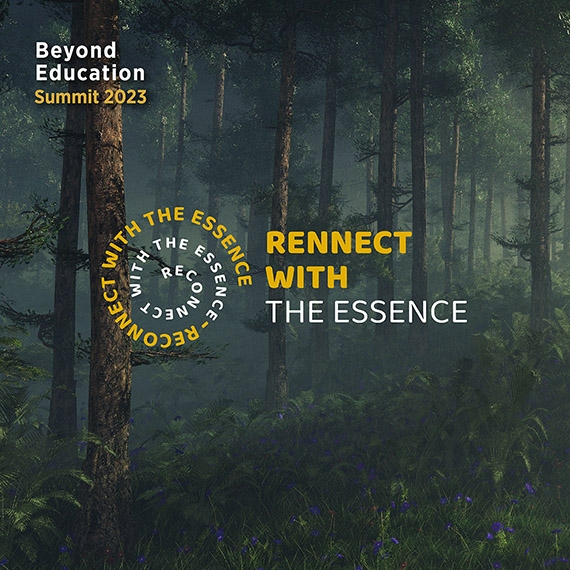
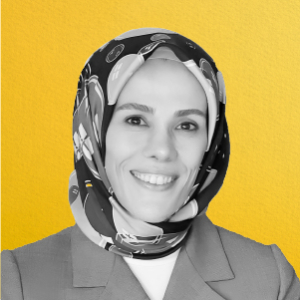
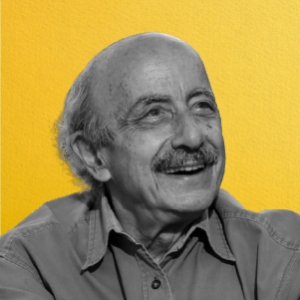
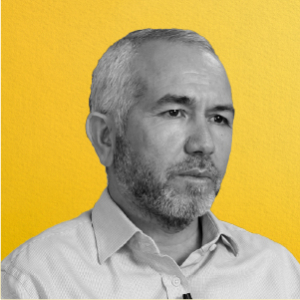

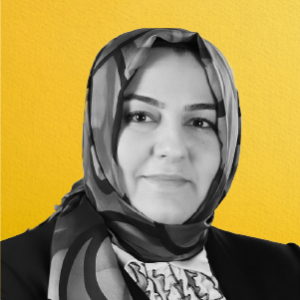
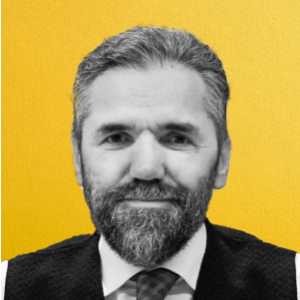
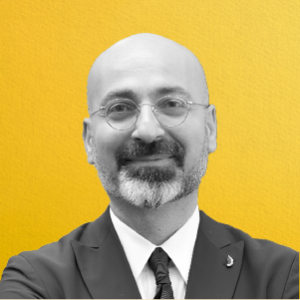
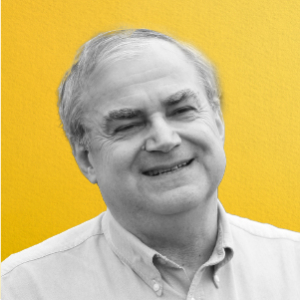
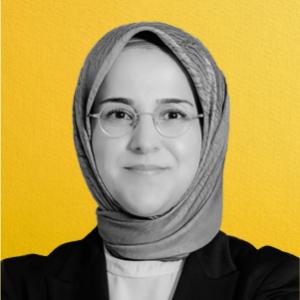
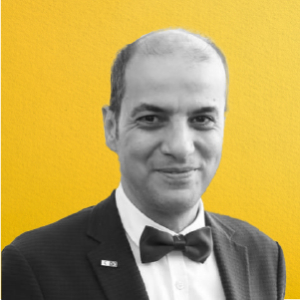
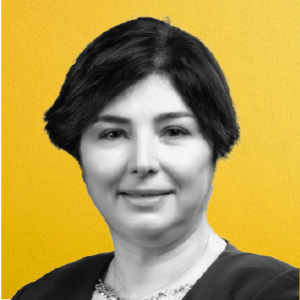
Address: Elmalı Mahallesi, No:5/1, Riva-Beykoz Yolu, 34829 Beykoz/İstanbul
Phone Number: (0216) 686 16 86
Email: [email protected]